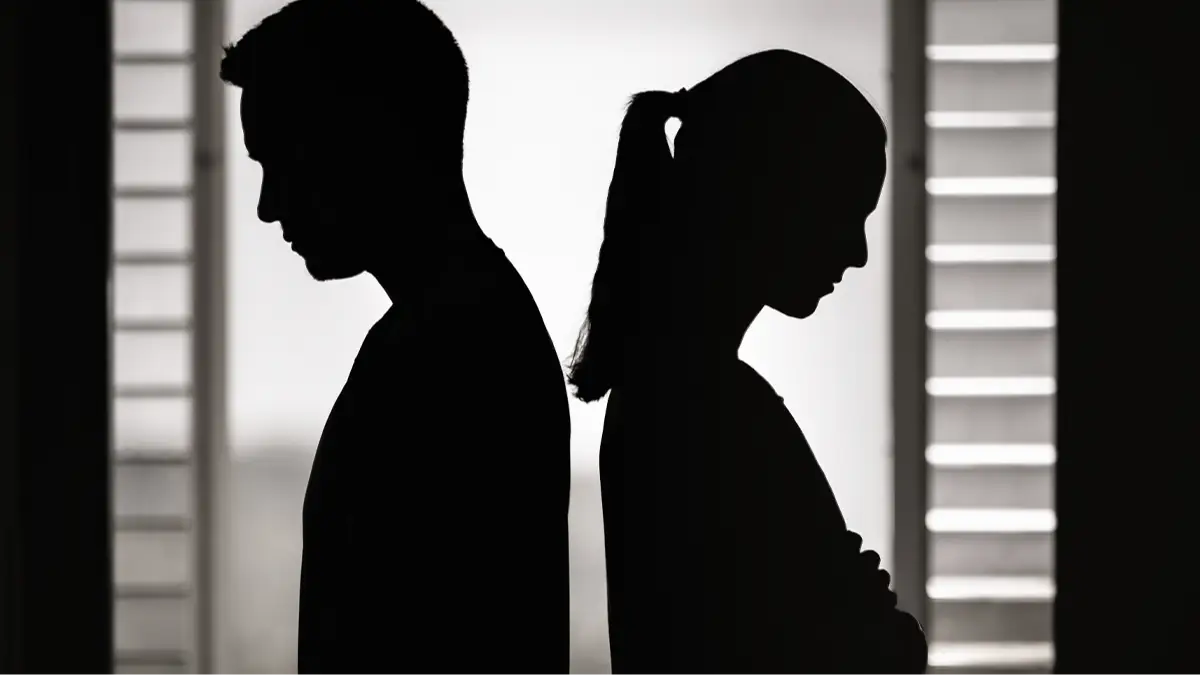
An American psychologist has urged lovers to choose their words carefully if ever in an argument with their partner.
Mark Travers, who specializes in relationship psychology, has warned couples against using a specific phrase he's claimed is 'toxic' - although in the same breath, conceding that if it's used there's a 'much deeper dysfunction' often at play.
Writing a column for CNBC Make It, the Cornell University graduate explained that more often than not, spouses who step into his office usually do so due to frequent arguments - and after digging deeper, he tends to discover a similar theme that reoccurs in failing relationships.
That is that either one of the pair, or both, are comparing their relationship and their life to that of somebody else's.
Advert

Travers explained: "There’s one phrase I’ve seen come up in these exchanges that’s more damaging than you think: 'Why can’t you be more like [insert other person’s name]?'"
It's easily done, although while I've never said that to my partner - my mom certainly compared me to other kids when I was in school, though it would usually stem from me misbehaving in lessons and would come after she attended a parent-teacher conference.
READ MORE:
SEX THERAPIST REVEALS THREE THINGS SHE WOULD NEVER DO IN A RELATIONSHIP
SCIENTISTS DISCOVER 'POINT OF NO RETURN' IN DYING RELATIONSHIPS
Travers described it as a 'toxic phrase' and explained how it generally means that 'your relationship is in trouble'.
He continued: "At first glance, it might seem like a throwaway line or a sigh of frustration in the middle of an argument.

"What couples fail to recognize is that the person named is actually irrelevant, whether it’s an ex, a best friend’s girlfriend, or even 'how you used to be'."
Travers went on to say that you're basically telling your partner that they're not enough, and that 'anyone else could do a better job at being my partner'.
The effect of comparing your partner to another is that you can create 'irreparable insecurity issues', Travers says, and your spouse may start questioning their worth 'rather than feeling loved for who they are'.
In this situation, Travers encourages people to 'turn the spotlight inward' to find out what they're really asking for.
The psychologist noted: "Relationships require the willingness to love each other as real, flawed, irreplaceable humans - not as comparisons to someone else.
"Similarly, they require the courage to speak openly, as well as the trust that your openness will be met with respect."
If you or someone you know is struggling or in crisis, help is available through Mental Health America. Call or text 988 to reach a 24-hour crisis center or you can webchat at 988lifeline.org. You can also reach the Crisis Text Line by texting MHA to 741741.
Topics: Psychology, Mental Health, Sex and Relationships